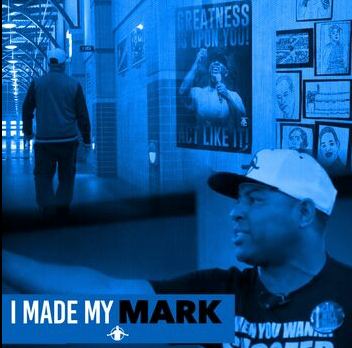How to be a better client
- garretaby98
- Sep 18, 2023
- 3 min read

Written by Coach Dan Michael.
Since our last installment, you’ve finally hired a coach and are deep into training. You sit back and ask yourself, how do I optimize my progress? I’m paying him or her ‘X’ amount of dollars, so how do I get the biggest bang for my buck? How do I become a better client? In this post, we’ll highlight some of the most important actions that all-star clients practice regularly. Just like finding a coach, there are some non-negotiables: communication, work ethic, and coachability. Communication As mentioned previously, communication is the most important skill in a coach, but it should also be practiced by clients. Simply put, you should regularly be updating your coach on your progress, training ideas, any hiccups, breaks in training, injuries/aches/pains etc. As a coach, these updates serve as data to make programming decisions. Vacation in a few weeks and you have no gym access? Maybe we skip a deload and push through training. Shoulders feeling achy or are in pain? Maybe we change close-grip bench to block press. Working more hours per week? Let’s switch from 4 training days a week to 3. Make a new technique or equipment change? How does it feel (same/better/worse)? Maybe we keep it or throw it in the trash. The more effort you put into communication, the easier it is for your coach to program and recommend appropriate changes. When we have more information, we aren’t shooting in the dark. Trusting a client to communicate their side is vital for maintaining this relationship. Work Ethic Finish your training to the best of your ability. Life happens and things can get in the way, so things don’t have to be absolutely perfect, but they should be completed a majority of the time. Finishing 80% of the work but all the time is better than finishing 100% inconsistently. Consistency in effort and consistency across time is key. Outside of the obvious “just do the work”, your work ethic should branch out into other categories. For example, you should work hard at prioritizing your recovery: normalize sleeping schedules, increase weekly protein intake, find carbohydrate sources to eat close to training, and take time off to de-stress and treat yourself. A majority of the work must be done outside of the gym. Coachability Coachability involves not only listening and following directions but also your willingness to learn, openness to address your weaknesses/strengths, courage to fail forward, and ability to adapt and improve. There are so many teaching moments in the powerlifting process that everyone inevitably must experience: a high anxiety state before a max attempt but results in a failed lift, working through and around injury, learning every session should not be maxed out at an RPE 10, and finally understanding the simplicity of what it takes to make steady, healthy progress. The earlier you learn from these experiences or even avoid these experiences altogether just by following the guidance of your coach, the better off you’ll be. But this process requires you to be teachable. Take it from motivational speaker ET Thomas himself: https://www.youtube.com/watch?v=-VcvGDuS9fs.
All in all, try not to be a client who emails your coach wondering why you haven’t made progress after a month of sleeping 4 hours a day, fighting through shoulder pain, failing lift after lift and only completing 60% of training. Instead, make it a priority to put your goals first: communicate your concerns with your coach, commit effort and time both in and out of the gym, and apply criticism in order to improve.
Now that the foundational components are set, how can we further maximize your time with our coaches?

Comentários